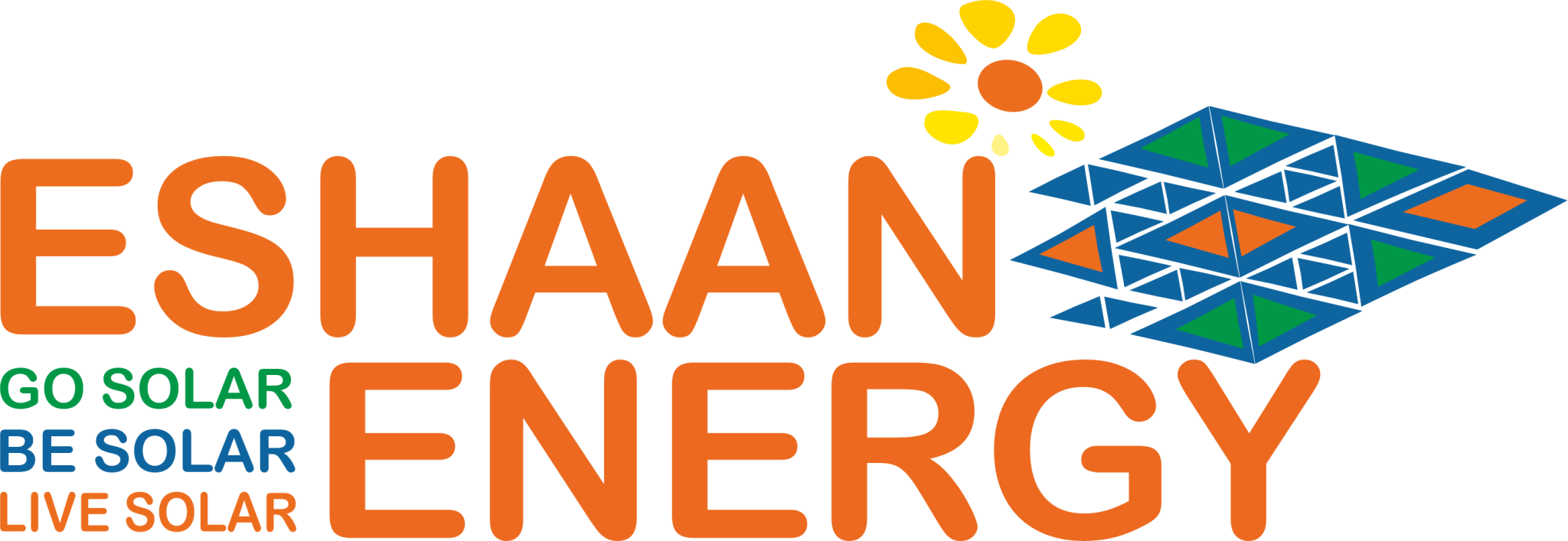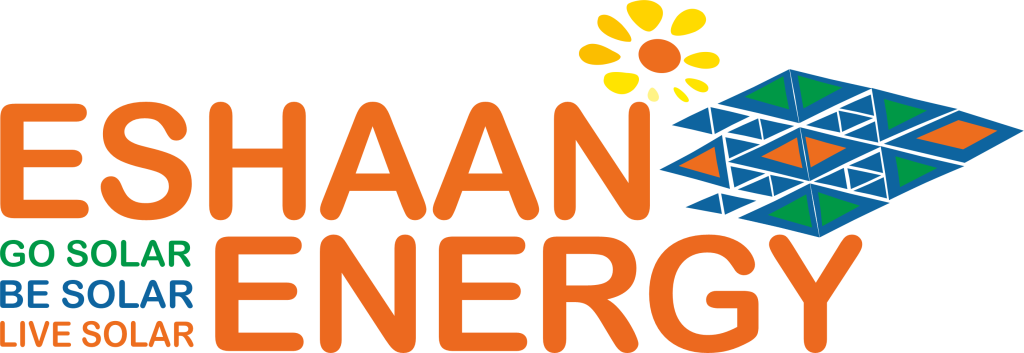Solar Water Heaters: An Eco-Friendly Solution for Hot Water Needs

Solar water heaters are innovative systems that harness the energy from the sun to heat water. These systems are an eco-friendly and cost-effective alternative to conventional water heating methods, which rely on electricity or fossil fuels. By converting solar energy into thermal energy, solar water heaters provide a sustainable solution for residential, commercial, and industrial hot water requirements.
The primary components of a solar water heating system include solar collectors, a heat exchanger, and a storage tank. Solar collectors, typically installed on rooftops, capture sunlight and convert it into heat. This heat is then transferred to the water through a heat exchanger. The heated water is stored in an insulated tank, ensuring a continuous supply of hot water even during cloudy days or at night. The simplicity and efficiency of this system make it an attractive option for those looking to reduce their carbon footprint and lower their energy bills.
How Solar Water Heaters Work

The process begins with the solar collectors absorbing sunlight, which heats the fluid (usually water or a glycol mixture) inside them. The heat exchanger then transfers this heat to the water in the storage tank. This system can provide hot water for various applications, from household use to industrial processes. Solar water heaters typically consist of three main components:
- Solar Collectors: These are devices, often installed on rooftops, that capture and absorb solar radiation. The two most common types of solar collectors are flat plate collectors and evacuated tube collectors.
- Heat Exchanger: This component transfers the absorbed heat from the solar collectors to the water, ensuring efficient heat transfer.
- Storage Tank: The heated water is stored in an insulated tank, ready for use. This tank is designed to minimize heat loss, keeping the water warm for extended periods.
Types of Solar Water Heaters

Active Solar Water Heaters: These systems use pumps and controls to circulate water or a heat-transfer fluid through the collectors and into the storage tank. The operation of active solar water heaters begins with the solar collectors, which are typically mounted on rooftops or other suitable locations to maximize exposure to sunlight. They are divided into two types:
- Direct Circulation Systems: Water is pumped directly through the solar collectors and into the home. Suitable for climates where freezing is not a concern.
- Indirect Circulation Systems: A heat-transfer fluid is circulated through the collectors and a heat exchanger, which then heats the water. Ideal for areas prone to freezing temperatures.
Passive Solar Water Heaters: Passive Solar Water Heaters represent a simpler and more traditional approach to utilizing solar energy for water heating. Unlike active systems that rely on pumps and controls, passive solar water heaters operate through natural principles of thermodynamics and fluid dynamics, primarily using natural convection to circulate water. They are mainly two types:
- Integral Collector-Storage (ICS) Systems: Combine the collector and storage tank in one unit. Cold water flows through the collector, heats up, and is stored in the tank.
- Thermosyphon Systems: Rely on the natural tendency of hot water to rise and cold water to sink. Water circulates naturally as it heats up in the collector and rises to the storage tank above.

Benefits of Solar Water Heaters
Cost Savings:
- Lower Energy Bills: By reducing the need for electricity or gas to heat water, solar water heaters can significantly lower monthly utility bills.
- Minimal Operating Costs: Once installed, the operating costs of solar water heaters are minimal, primarily limited to maintenance.
Environmental Impact:
- Reduced Carbon Footprint: Solar water heaters produce no greenhouse gas emissions, helping to reduce the carbon footprint associated with water heating.
- Sustainable Energy Use: They utilize renewable solar energy, decreasing reliance on finite fossil fuels.
Reliability and Durability:
- Long Lifespan: Solar water heaters are built to last, often with a lifespan of 20 years or more.
- Low Maintenance: With fewer moving parts, these systems require minimal maintenance compared to conventional water heaters.
Energy Independence:
- Reduced Grid Dependence: By using solar energy, households and businesses can reduce their dependence on the electric grid and protect themselves from energy price fluctuations.
Solar water heaters provide a sustainable, cost-effective, and environmentally friendly solution for hot water needs. By harnessing the power of the sun, these systems offer significant benefits in terms of energy savings, reduced carbon emissions, and long-term reliability. With various government incentives and a growing focus on renewable energy, solar water heaters are an increasingly attractive option for both residential and commercial applications.


